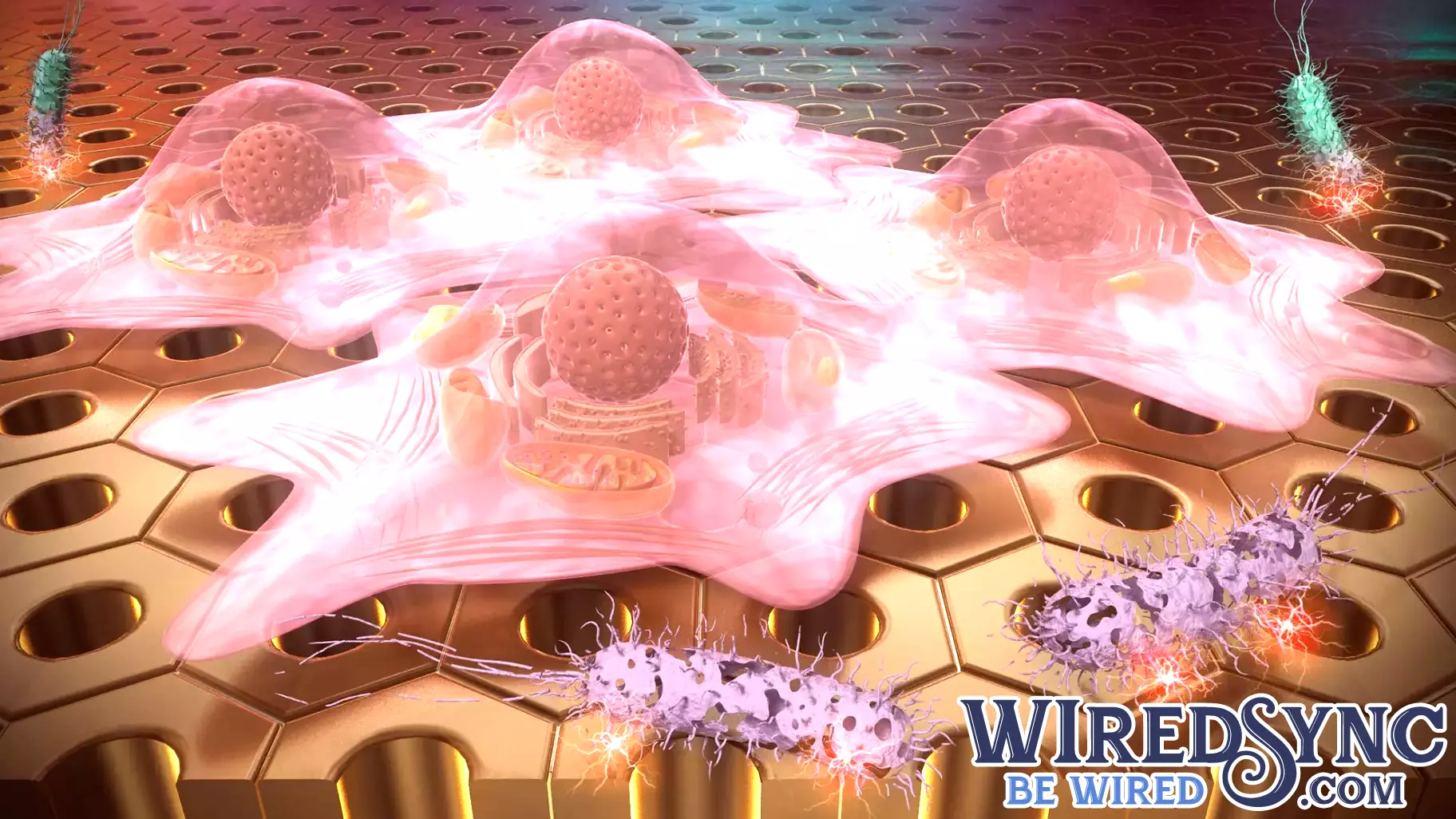Innovative Nanostructured Surfaces Enhance Antibacterial Properties and Support Cell Growth
January 11, 2025 - 16:27

Recent advancements in nanostructured alumina surfaces have demonstrated remarkable antibacterial resistance, paving the way for safer cell culture environments crucial for regenerative medicine. Researchers at Tokyo Metropolitan University have engineered these surfaces to significantly reduce bacterial contamination without the need for antibiotics.
The newly developed technology utilizes unique surface structures that not only inhibit bacterial growth but also create an optimal environment for cell proliferation. This breakthrough is particularly important in the field of tissue engineering, where maintaining sterile conditions is vital for the success of cell-based therapies.
By eliminating the reliance on antibiotics, these surfaces minimize the risk of developing antibiotic-resistant bacteria, a growing concern in medical treatments. The implications of this research extend beyond regenerative medicine, potentially impacting various sectors, including pharmaceuticals and biotechnology. As the demand for effective and safe cell culture techniques increases, these innovative surfaces represent a significant leap forward in ensuring the integrity and efficacy of biological research and applications.
MORE NEWS

December 14, 2025 - 03:01
ACC Baseball Programs Embrace Cutting-Edge Technology for Player DevelopmentIn a significant shift within NCAA Division I baseball, programs like Florida State University, the University of North Carolina, and the University of Virginia are making substantial investments...

December 13, 2025 - 00:29
Revolutionary Sensor Technology Enables Detection at the Smallest ScalesIn an exciting advancement for scientific research, new sensor technology has emerged that allows researchers to detect incredibly small entities, ranging from isolated proteins to individual...

December 12, 2025 - 10:46
Trump Issues Executive Order Preventing State-Level AI RegulationsCalifornia`s governor Gavin Newsom issued a strongly-worded statement in response to the executive order signed by Trump that blocks states from enforcing their own artificial intelligence...

December 11, 2025 - 21:52
Bridging the Digital Divide: Experts Discuss AI Accessibility ChallengesThe opportunities and challenges of bridging the digital divide and expanding access to AI for vulnerable populations were the focus of an Expert Voices roundtable. Industry leaders and technology...